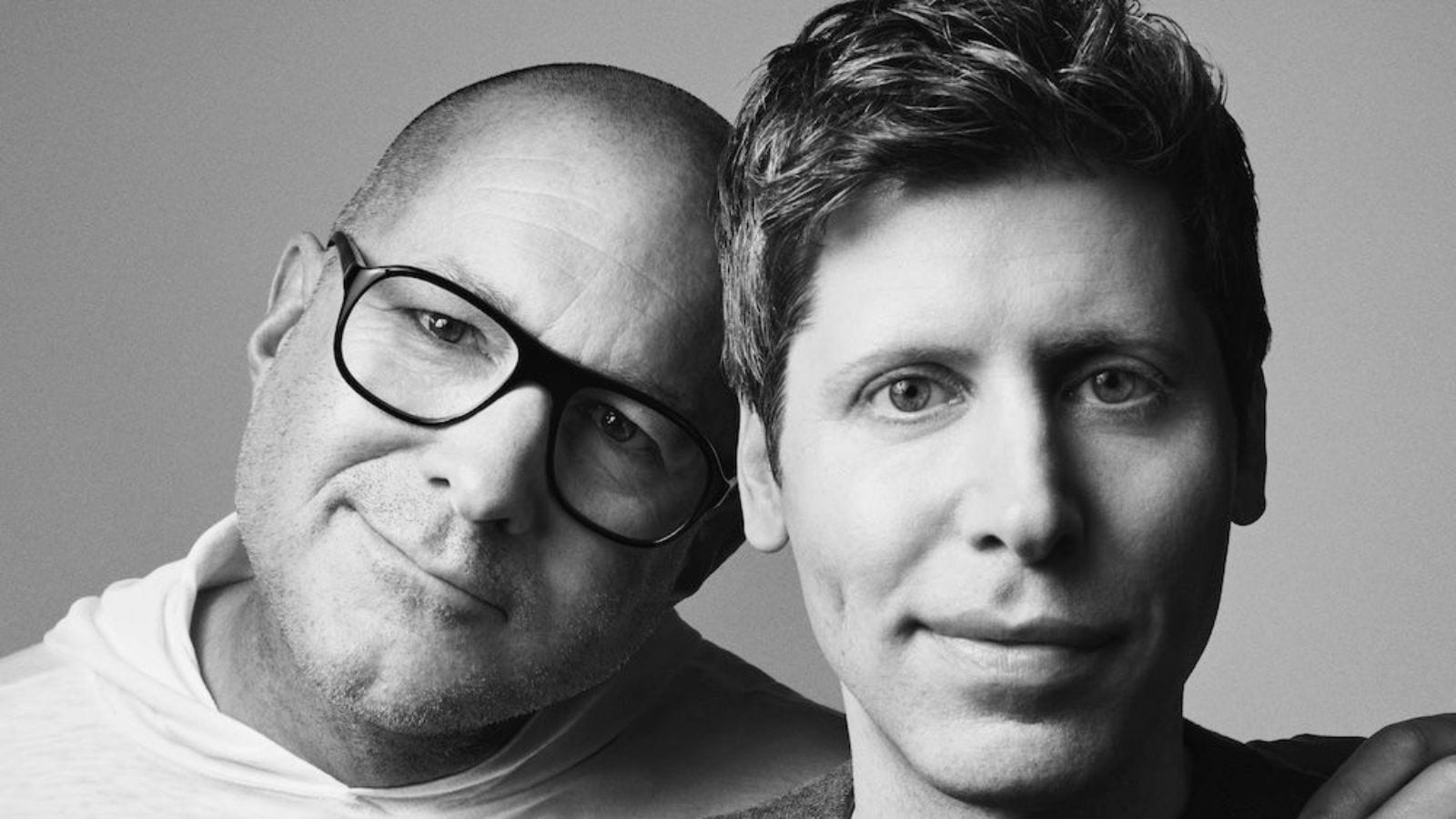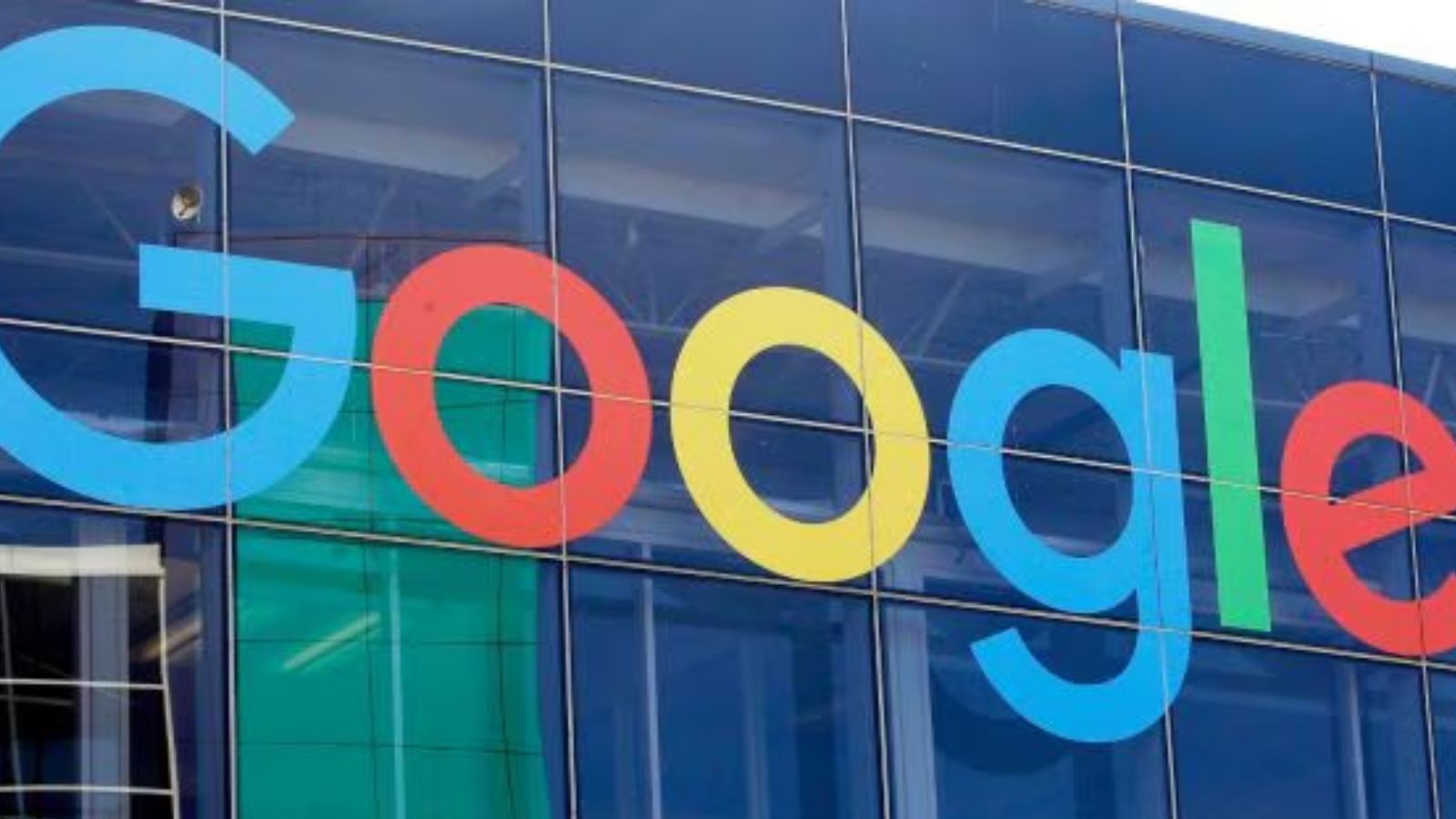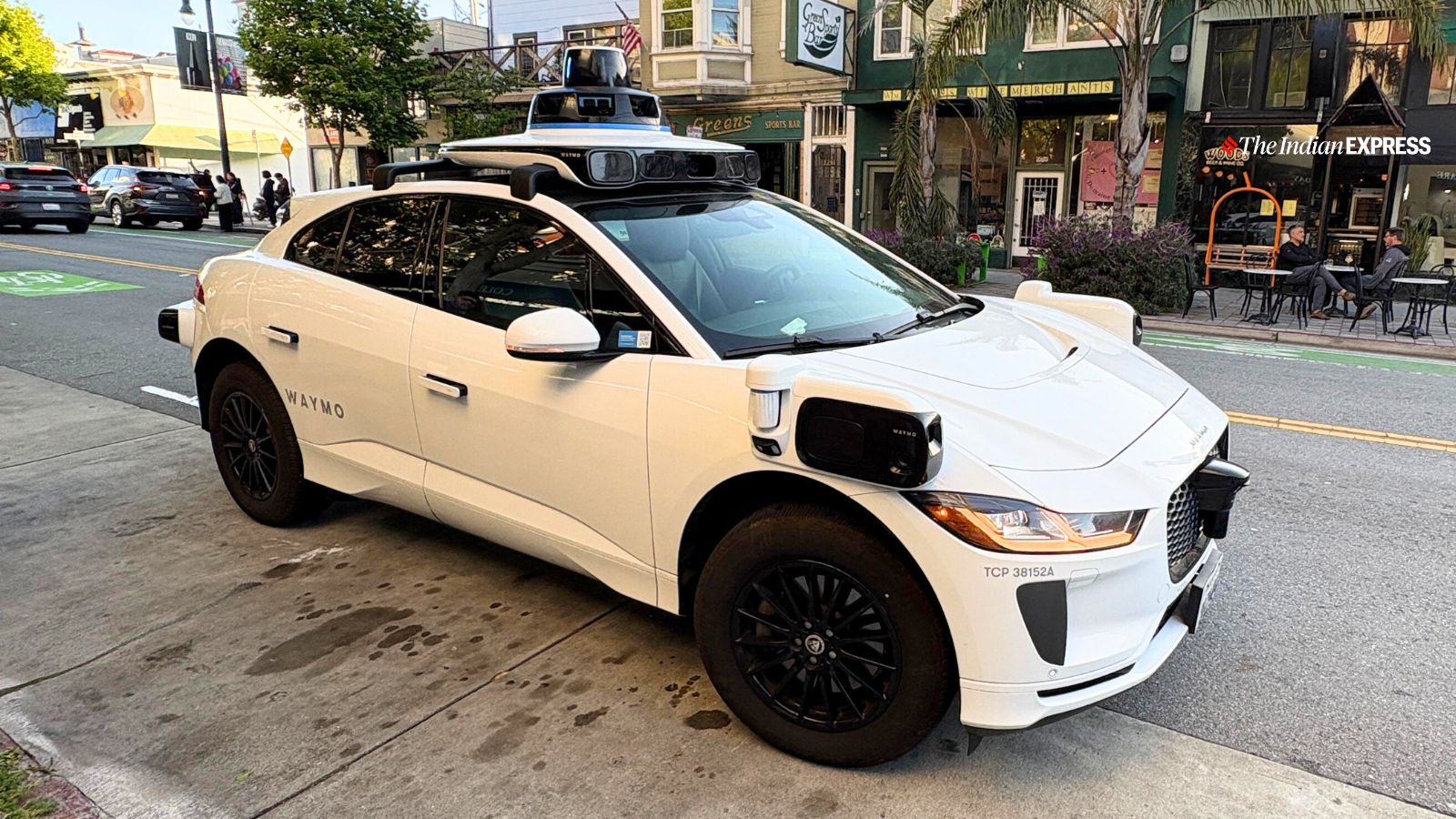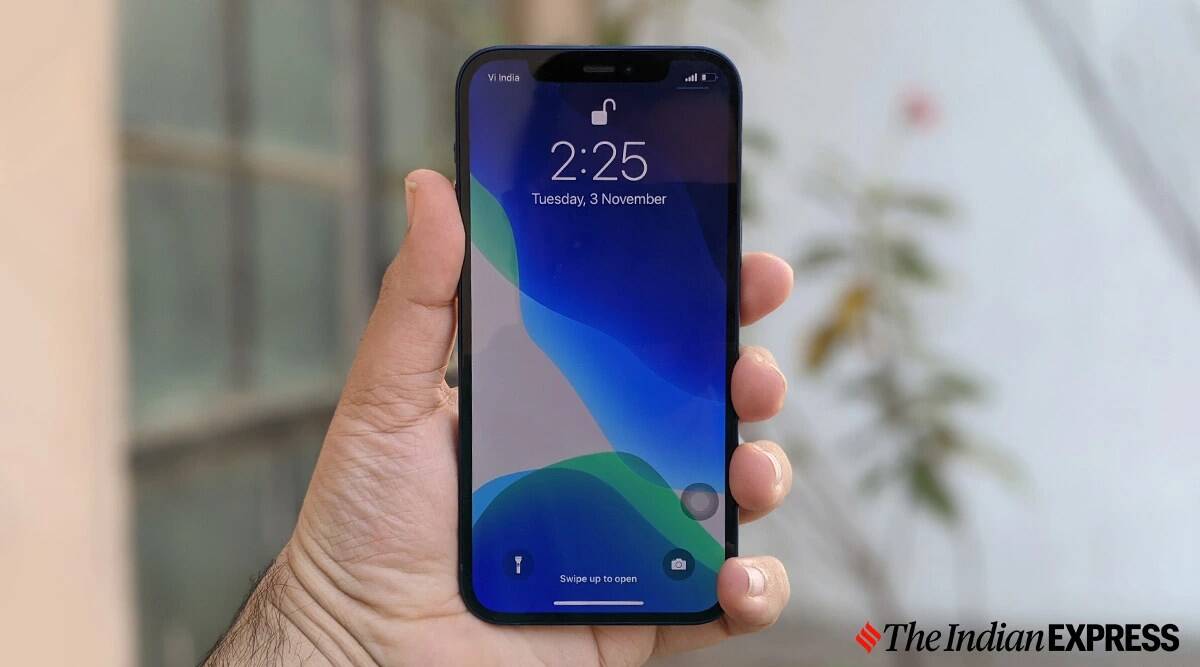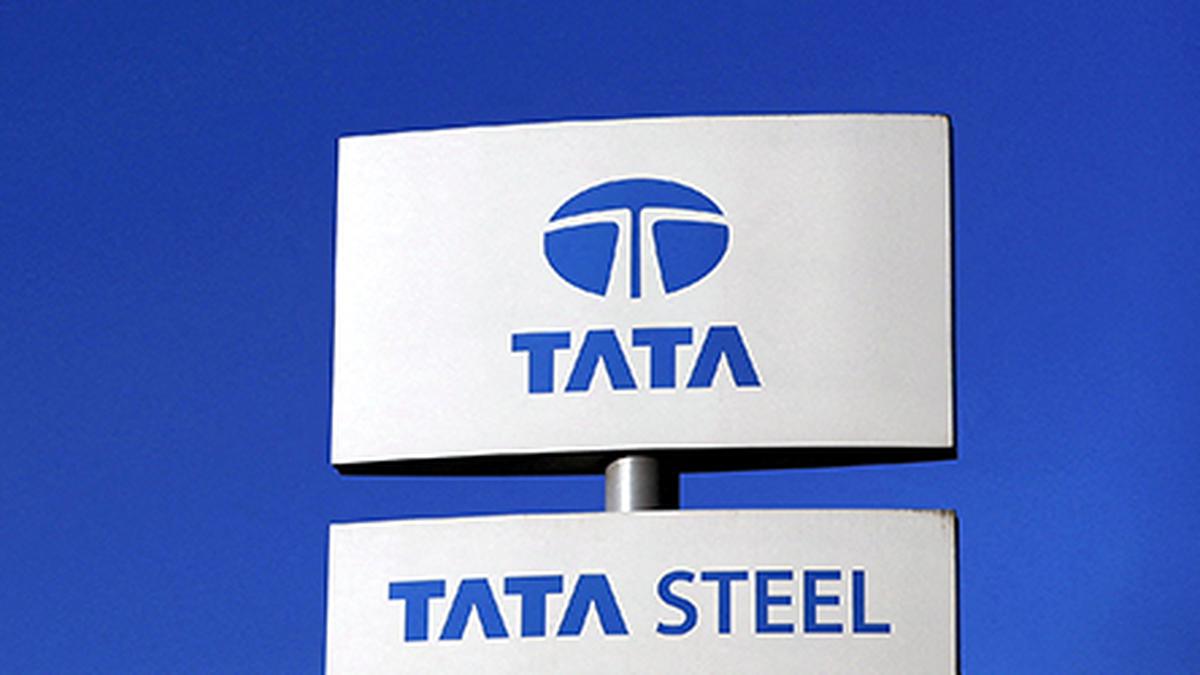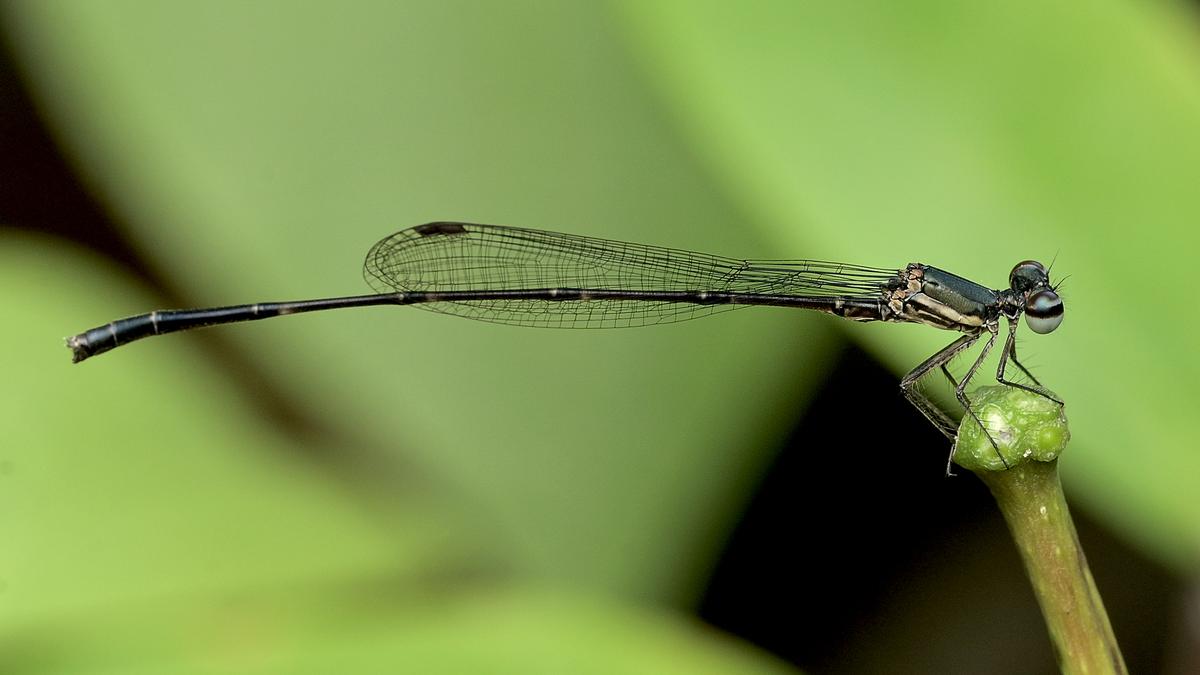OpenAI’s first device being developed in collaboration with hardware startup io and Apple’s former head of design, Jony Ive, will not be a pair of headphones.
In a declaration submitted to court, io co-founder Tang Tan said that the prototype of the OpenAI device “is not an in-ear device, nor a wearable device.” The former Apple executive’s remarks came up in legal filings that were submitted to court earlier this month by lawyers representing OpenAI and io.
Since unveiling their partnership in a launch video featuring Sam Altman and Jony Ive earlier this month, both OpenAI and io have kept the form factor and other details about the device tightly under wraps. “I think it is the coolest piece of technology that the world will have ever seen,” Altman said in the nine-minute video.
However, the video as well as other promotional material related to OpenAI’s $6.5 billion acquisition of Jony Ive’s io startup have since been taken down in compliance with a court order that was issued in a recent trademark dispute lawsuit filed by iyO, a Google-backed hardware startup that makes custom-molded earpieces which can be connected to other devices.
The legal proceedings in the trademark case have shed light on new details about the mass-market AI hardware device being developed by OpenAI, io, and Jony Ive.
What do the legal filings say?
“Our intent with this collaboration was, and is, to create products that go beyond traditional products and interfaces,” Altman said in a court declaration dated June 12. The legal documents also revealed that OpenAI and io executives deeply researched in-ear hardware devices. They bought at least 30 pairs of headphones from various manufacturers to see what is currently available on the market.
Tang Tan and Peter Welinder, OpenAI’s VP of Product, also met with Jason Rugolo, the CEO of iyO to learn more about the startup’s in-ear products. However, they were disappointed with iyO’s custom-fit earpiece as the product failed repeatedly during demonstrations. Emails showed that Rugolo tried to forge a deeper relationship between iyO, io, and OpenAI but failed.
Story continues below this ad
He pitched iyO’s device as an early “developer kit” for OpenAI’s final device. He further sought investment from OpenAI and even offered to sell his entire company for $200 million, as per the filings. Tan said that they rejected all of Rugolo’s offers.
In addition, Marwan Rammah, a former Apple engineer now working at io, urged Tan to acquire a large database of three-dimensional ear scans from The Ear Project as it could give them a “helpful starting point on ergonomics.” It is not confirmed whether such a deal has taken place.
It appears that OpenAI and io have now moved on from the idea of an in-ear product. io is not working on a “custom-molded earpiece product,” Evans Hankey, the chief product officer of the OpenAI subsidiary, said in a court declaration.
The ChatGPT-maker is exploring a wide range of devices, including “desktop-based and mobile, wireless and wired, wearable and portable,” according to OpenAI’s lawyers.


